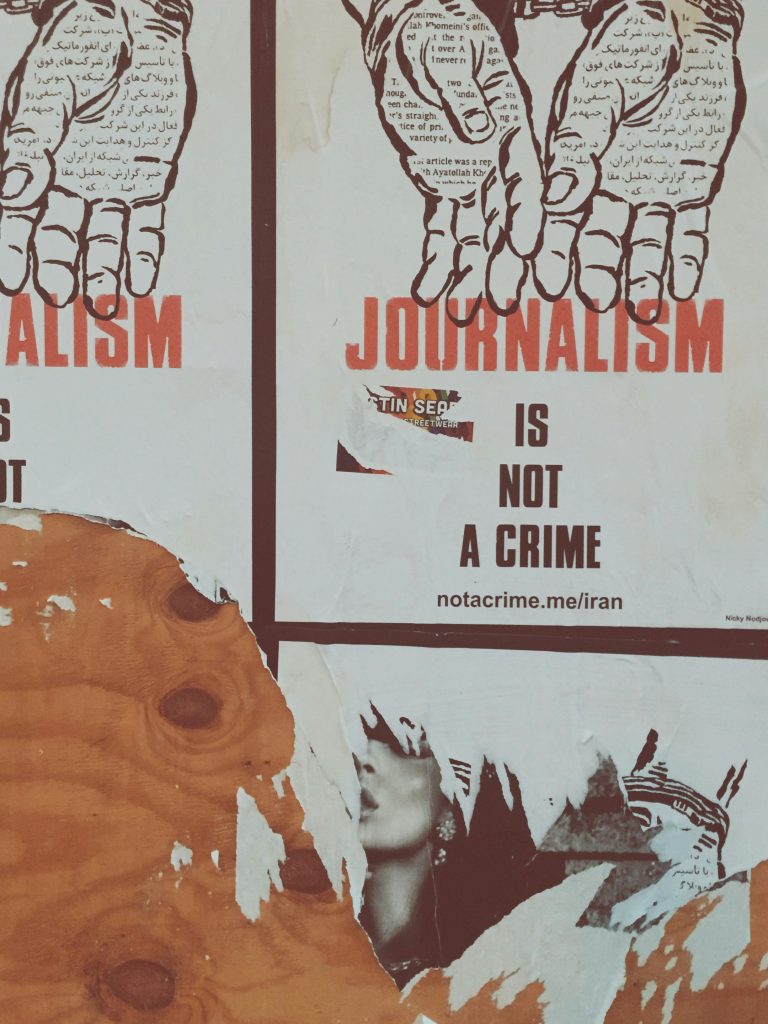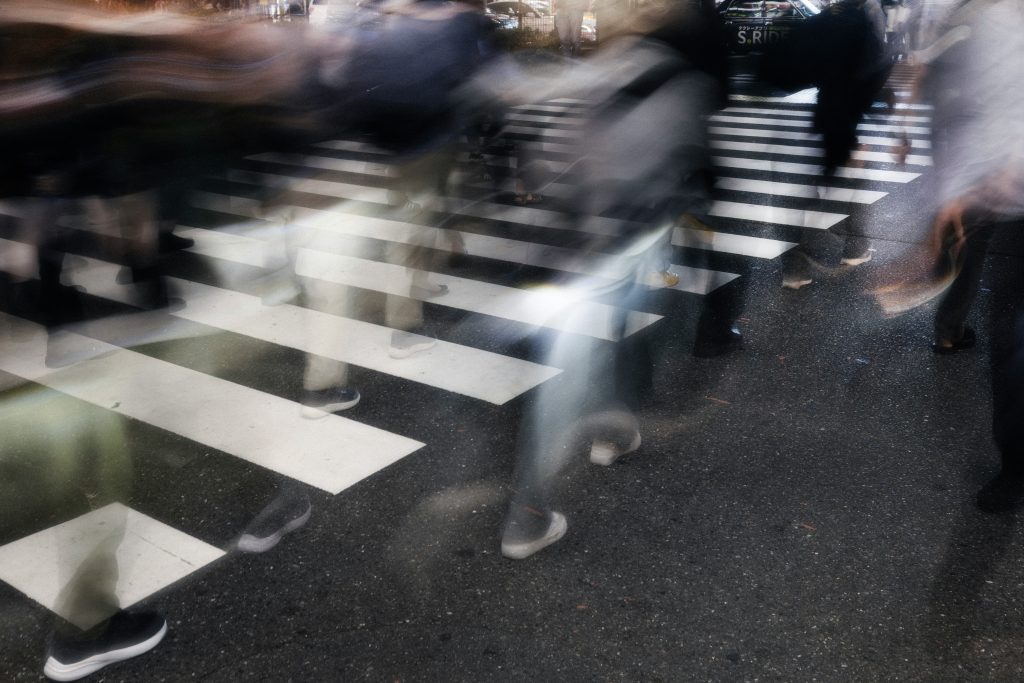When investigative journalist Catherine Belton published “Putin’s People,” she faced simultaneous legal action from five Russian oligarchs and Rosneft, the Russian state energy company. When Eliot Higgins tweeted about Wagner Group connections, he was sued by its founder Yevgeny Prigozhin. These cases represent just the tip of a vast iceberg of transnational repression targeting journalists and human rights defenders in the UK.
Parliament’s Joint Committee on Human Rights’ report, published in July 2025, reveals sophisticated and brutal tactics deployed against those who expose authoritarian regimes while living in Britain. The evidence paints a disturbing picture of escalating threats that go far beyond legal harassment to include physical violence, sexual threats, and systematic campaigns of terror.
The most shocking testimony concerned Iranian women journalists operating from the UK. Reporters Without Borders told the Committee these journalists face “gendered and sexualised abuse, including explicit threats of rape or sexual violence towards them or their families (including children), the circulation of fake stories designed to ruin their reputations and photoshopped pornographic images.”
The Intelligence and Security Committee warned that Iran’s use of “a wide range of organisations means physical threat can manifest from a much broader pool of suspects, adding a further layer of unpredictability.” The Homeland Security Group described the threat of physical attack on individuals in the UK as “the greatest level of threat we currently face from Iran.”
Rhys Davies, representing numerous victims of transnational repression, described Interpol Red Notices to the committee as “the sniper rifle of autocrats.” His evidence, alongside Ben Keith‘s, outlined how authoritarian states coordinate their efforts, with multiple countries supporting each other’s abusive Interpol requests to pursue journalists and activists in the UK.
Strategic lawsuits represent another devastating weapon. Susan Coughtrie of the Foreign Policy Centre highlighted Catherine Belton’s case as “probably one of the most famous cases in the UK of SLAPPs,” where Belton was “pursued originally by five oligarchs, including Roman Abramovich, but also Rosneft.” These Strategic Lawsuits Against Public Participation operate on a simple principle: the process itself becomes the punishment, even when cases lack merit.
Approximately 70% of SLAPP cases relate to financial crime and corruption – precisely what investigative journalists need to expose. Yet current UK protections, introduced in the Economic Crime and Corporate Transparency Act 2023, only cover economic crimes, leaving journalists exposed to the remaining 30% of cases brought on grounds of defamation, privacy, or data protection.
The evidence revealed a deliberate strategy behind these attacks. As the Committee noted,
“Perpetrating states are acutely aware of this fear, which can spread through communities, so they need not commit flagrant and widespread TNR to achieve their desired impact.”
This “chilling effect” means that for every journalist directly targeted, countless others self-censor.
The policing response has been woefully inadequate. Some journalists reporting state harassment were redirected to “hate crime” units, fundamentally mischaracterising state-level threats. Others received advice to “avoid political activity” essentially being told to accept foreign censorship on British soil.
The Committee’s recommendations specifically address these vulnerabilities. They called for comprehensive anti-SLAPP legislation extending beyond economic crime, explicit consideration of media freedom threats by the forthcoming State Threats Joint Unit, and police training to recognise tactics used against journalists, including digital attacks and legal harassment.
Most significantly, the Committee recommended incorporating transnational repression into the Foreign Office’s annual Human Rights and Democracy Report, formally recognising that attacks on journalists constitute attacks on fundamental democratic values.
When journalists and human rights defenders are silenced, democracy itself is under attack. The UK faces a choice: will it genuinely protect press freedom, or allow authoritarian regimes to extend their censorship onto British soil? The Committee has provided a roadmap. The question is whether the Government will act before more lives are destroyed.
—
Image: Unsplash



